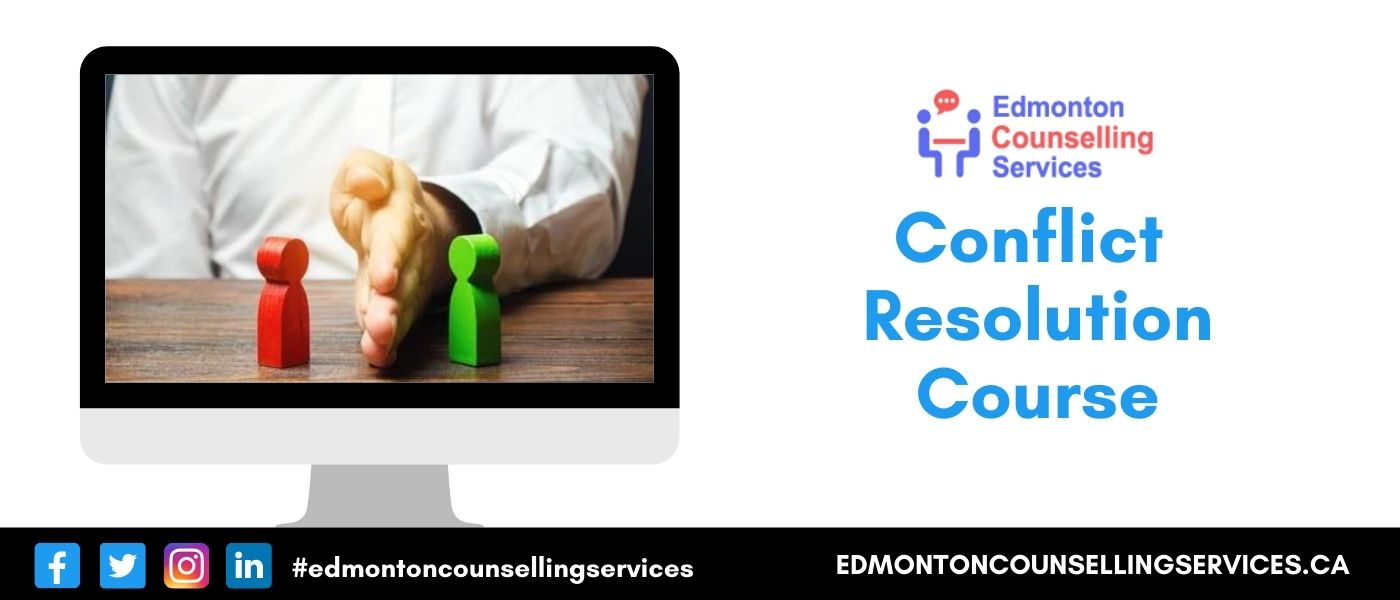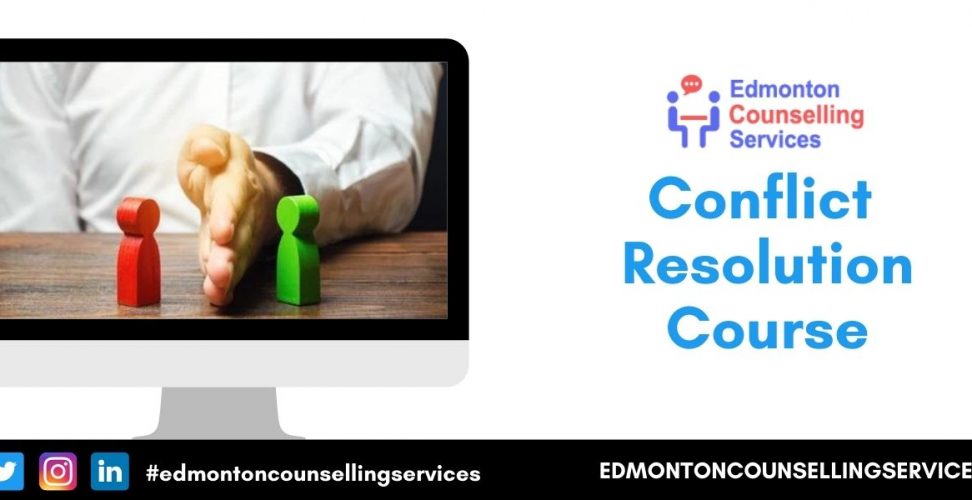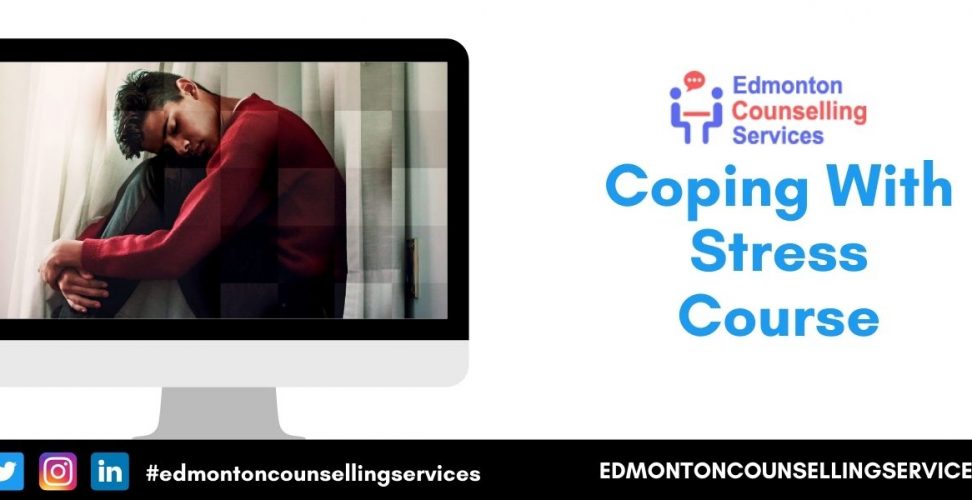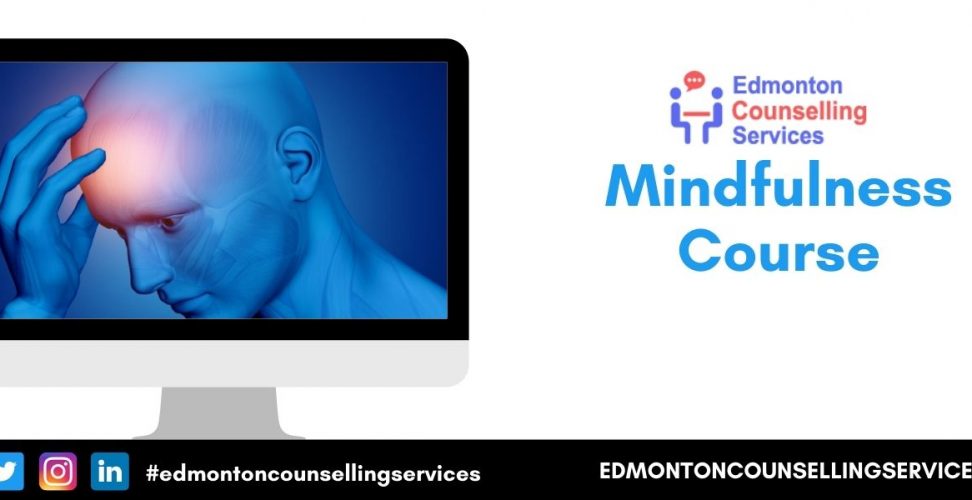Features
- Instant certificate upon completion of course requirements
- Quiz for self-assessment
- Start anytime, self-paced,
- 24 hours a day, 7 days a week available
- Work on any device
Overview

[toc]
Online Conflict Resolution Course
A conflict Resolution course is helpful for many peoples who were struggling with conflict in their life. It is built with self-help techniques which you can learn from Online Course. Online Conflict Resolution class is effective as in-person counselling, and it can teach you how to resolve your conflict and go back to your everyday life.
What is Conflict Resolution Course?
Conflict is very much a part of human nature. It’s unavoidable, regardless of your relationship or how strong said relationship might be. In truth, without conflict, relationships would stagnate, as would society as a whole.
Conflict reveals differences of opinion that require everyone to think, negotiate, and improve themselves to coexist. Without it, new ideas wouldn’t happen, society would never progress, and we never truly know each other.
However, that doesn’t mean that conflict is universally a good thing. If handled poorly, conflict can result in the dissolution of relationships, and in certain climates, can escalate to points where lives can cost.
The closer the relationship, the more challenging conflict resolution can be. When it’s something like a friendship, distance can help many flared tempers cool relatively quickly, and minimal amounts of changes to one’s behavior or standpoint are necessary in most cases.
However, it’s tough to distance yourself when it comes to work or home relationships, and the source of the conflict may require more significant life changes to facilitate.
Online Conflict Resolution Class
Conflict Resolution classes are all about learning technique to prevent issues which harm your relations. Conflict is also more prevalent with close relationships. To put it simply, when you share space with someone, you’re going to get on each other’s nerves eventually. More often than not, this begins with simple things you may do in the way of one another. In other cases, it may be that you both have very conflicting worldviews regarding something but have for a long time been reticent to address it. It will eventually come to a head, and conflict will occur.
Family units and extended families are also a hotbed of potential conflict. It’s not just limited to couples in the home! A common problem is an unwillingness for parents to listen to children, often dismissing their opinions or concerns as invalid due to their youth. Parents of adults can also trigger conflict with their lack of willingness to step aside regarding life choices and child-rearing choices taken by their now grown-up children.
Online Conflict Resolution Workshop
In the workplace, conflict often occurs due to incompatible personalities having no choice but to cooperate, and this can require quite a bit of diplomacy to results. Other conflicts can occur due to differences in opinion on how a task should be approached or a general environment of stress triggering susceptibility to annoyance over petty things.
Online Conflict Resolution Course Canada
You can take online conflict resolution classes in Canada. Conflict resolution is not easy, requiring introspection, compromise, and a trained sense of empathy.
This isn’t something that most people innately have a skill for, but everyone should learn. No matter how easy-going you are, you’re going to find yourself in conflicts at home, at work, and abroad. While you do your best to avoid conflict, being prepared to handle it gracefully and resolve it, preferably with the remaining relationship, is invaluable.
If a social skill can be considered the key to general success, this would be it. Don’t wait until a relationship-destroying conflict teaches you the value of the skills – acquire the skill today!
Modules of Online Conflict Resolution Course
- Module 1: Getting Started with conflict resolution
- Module 2: An Introduction to Conflict Resolution
- Module 3: Conflict Resolution Styles with The Thomas-Kilmann Instrument
- Module 4: Creating an Effective Atmosphere
- Module 5: Creating A Mutual Understanding
- Module 6: Focusing on Individual and Shared Needs
- Module 7: Getting to The Root Cause
- Module 8: Generating Options
- Module 9: Building A Solution
- Module 10: The Short Version of The Process
- Module 11: Additional Tools
- Module 12: Wrapping Up with conflict resolution
Benefits of Online Conflict Resolution Course
- Instant certificate upon completion of course requirements
- Quiz for self-assessment
- Start anytime, self-paced,
- 24 hours a day, 7 days a week available.
- The course can also be taken on any device; desktop, Laptop computers, Smart Phone or Tablets that have access to the Internet.
Requirements:
- Please make sure you add your first name & last name in your portal so that a certificate of completion can be generated for you.
- You have seven (7) days from the day you registered to finish this course and after seven days you will not have access to the course.
- It is expected to spend 45 minutes to 60 minutes per module to reflect, make notes, and practice the skills & concept.
- If you do not complete the course in seven days you fail the course. and in that situation, You will have to register again if you need to complete the course.
Online Conflict Resolution Course Fees
Price: $107.00
Curriculum
-
Module 1: Getting Started
-
Module 2: An Introduction to Conflict Resolution
-
Module 3: Conflict Resolution Styles with the Thomas-Kilmann Instrument
-
Module 4: Creating an Effective Atmosphere
-
Module 5: Creating a Mutual Understanding
-
Module 7: Getting to the Root Cause
-
Module 8: Generating Options
-
Module 9: Building a Solution
-
Module 10: The Short Version of the Process
-
Module 11: Additional Tools
-
Module 12: Wrapping Up





